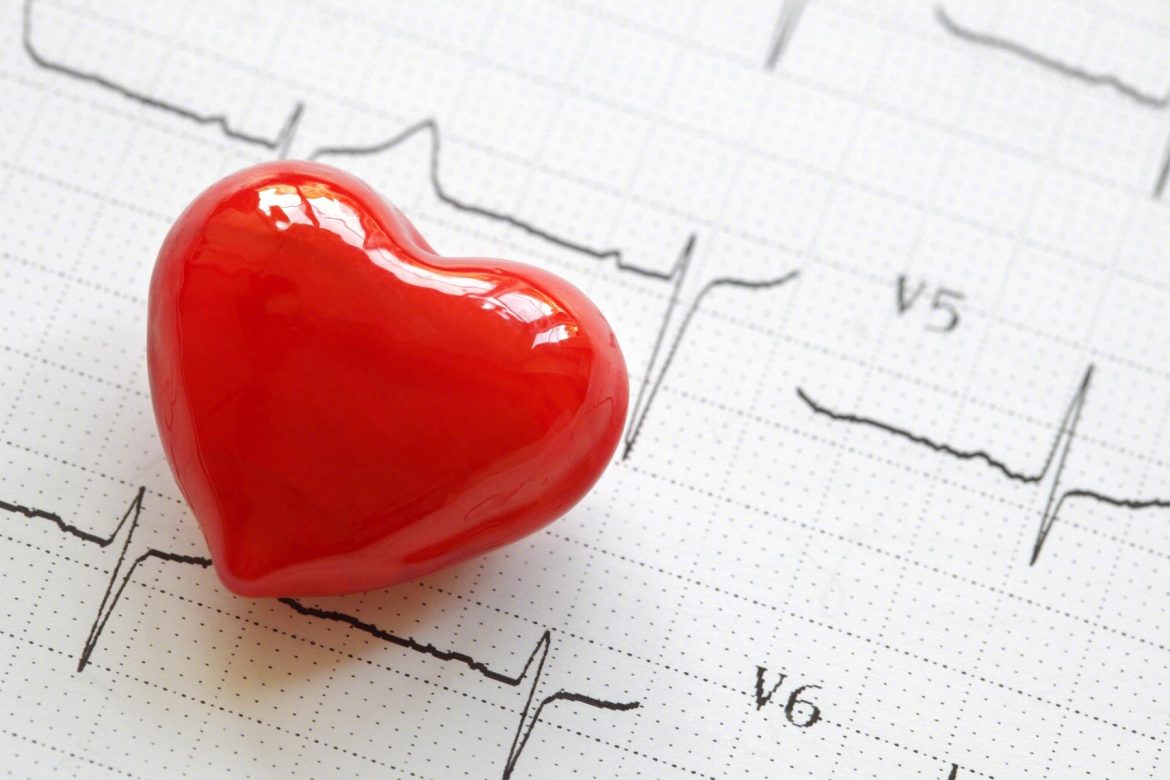Heart palpitations are a common concern that many people experience at some point in their lives. These palpitations can feel like your heart is fluttering, pounding, or beating irregularly. While they can be alarming, most of the time, heart palpitations are harmless and will go away on their own. However, there are situations where palpitations may be a sign of an underlying health issue that requires medical attention.
In this comprehensive guide, we’ll delve into the topic of heart palpitations, exploring their causes, symptoms, when to seek medical help, and whether they will resolve spontaneously.
Understanding Heart Palpitations
Before we discuss whether heart palpitations will go away on their own, let’s understand what they are and what causes them.
What Are Heart Palpitations?
Heart palpitations are sensations of a rapid, fluttering, or pounding heartbeat. You may feel like your heart is skipping beats, racing, or beating irregularly. These sensations can occur in your chest, throat, or neck.
Common Causes of Heart Palpitations
Heart palpitations can be caused by various factors, including:
Stress and Anxiety: Emotional stress and anxiety can trigger palpitations.
Physical Activity: Intense exercise or physical exertion can lead to temporary palpitations.
Caffeine and Stimulants: Consuming excessive caffeine or stimulants like nicotine can cause palpitations.
Medications: Some medications, such as decongestants and asthma inhalers, may cause palpitations as a side effect.
Medical Conditions: Underlying medical conditions like thyroid disorders, electrolyte imbalances, and heart rhythm disorders (arrhythmias) can cause palpitations.
Will Heart Palpitations Go Away on Their Own?
The answer to whether heart palpitations will go away on their own depends on several factors:
Temporary Causes: If your palpitations are due to temporary factors like stress, caffeine intake, or physical exertion, they will likely resolve on their own once the triggering factor is removed. For example, if you feel palpitations after drinking a cup of coffee, they may subside once the caffeine is metabolized.
Chronic Conditions: If your palpitations are related to an underlying medical condition like an arrhythmia or thyroid disorder, they may not go away on their own. In such cases, medical evaluation and treatment are necessary to manage the underlying cause of the palpitations.
Lifestyle Changes: Making lifestyle changes such as reducing stress, avoiding excessive caffeine and stimulants, getting regular exercise, and maintaining a healthy diet can help reduce the frequency of palpitations and improve overall heart health.
Medical Evaluation: It’s essential to consult a healthcare professional if you experience frequent or persistent palpitations, especially if they are accompanied by other symptoms like chest pain, dizziness, shortness of breath, or fainting. A thorough evaluation can help determine the underlying cause and appropriate treatment.
When to Seek Medical Help
While most heart palpitations are harmless, there are situations where they may indicate a more serious issue. It’s crucial to seek medical help if you experience any of the following:
Frequent Palpitations: If you have frequent episodes of palpitations that occur without an obvious trigger or persist for an extended period.
Severe Symptoms: If your palpitations are accompanied by severe symptoms such as chest pain, shortness of breath, dizziness, fainting, or nausea.
Underlying Health Conditions: If you have a history of heart disease, high blood pressure, diabetes, or other medical conditions that increase the risk of heart-related issues.
New Onset: If you experience new-onset palpitations, especially if you’re over 50 years old or have risk factors for heart disease.
Palpitations at Rest: If you experience palpitations while at rest or lying down.
Treatment And Management
The treatment and management of heart palpitations depend on the underlying cause. Some common approaches include:
Lifestyle Modifications: Adopting a healthy lifestyle with regular exercise, stress management techniques, and a balanced diet can help reduce palpitations.
Medications: In cases where palpitations are due to arrhythmias or other medical conditions, medications may be prescribed to regulate heart rhythm or treat the underlying issue.
Therapies: Techniques such as biofeedback, relaxation therapy, and cognitive-behavioral therapy (CBT) can help manage stress and anxiety-related palpitations.
Medical Procedures: In severe cases or if other treatments are ineffective, medical procedures such as catheter ablation or implantable devices like pacemakers may be recommended.
Conclusion
Heart palpitations are often a temporary and benign phenomenon that will go away on their own, especially if they are triggered by temporary factors like stress, caffeine, or physical activity. However, if palpitations are frequent, persistent, or accompanied by other concerning symptoms, it’s important to seek medical evaluation to rule out underlying health issues and receive appropriate treatment. Adopting a healthy lifestyle and managing stress can also play a significant role in reducing the frequency and severity of palpitations.
FAQs
Is an irregular heartbeat dangerous?
An irregular heartbeat can be dangerous depending on the specific type of arrhythmia and individual health factors. Some arrhythmias, such as atrial fibrillation (AFib), can increase the risk of complications like blood clots, stroke, and heart failure if not managed properly. It’s important to consult with a healthcare professional if you experience irregular heartbeats to determine the underlying cause and appropriate treatment.
Is a heartbeat of 55 beats normal?
A heartbeat of 55 beats per minute can be within the normal range for some individuals, especially athletes or those with good cardiovascular fitness. However, in general, a normal resting heart rate for adults is typically between 60 to 100 beats per minute. Heart rate can vary based on factors such as age, fitness level, and overall health.
What does it feel like before sudden death?
The experience before sudden death can vary widely depending on the cause. In some cases, there may be no warning signs, and sudden death can occur unexpectedly. However, certain conditions or events, such as a heart attack or severe arrhythmia, may be associated with symptoms like chest pain, shortness of breath, dizziness, palpitations, or fainting before sudden death occurs. It’s essential to seek immediate medical attention if you experience any unusual or concerning symptoms related to your heart health.


